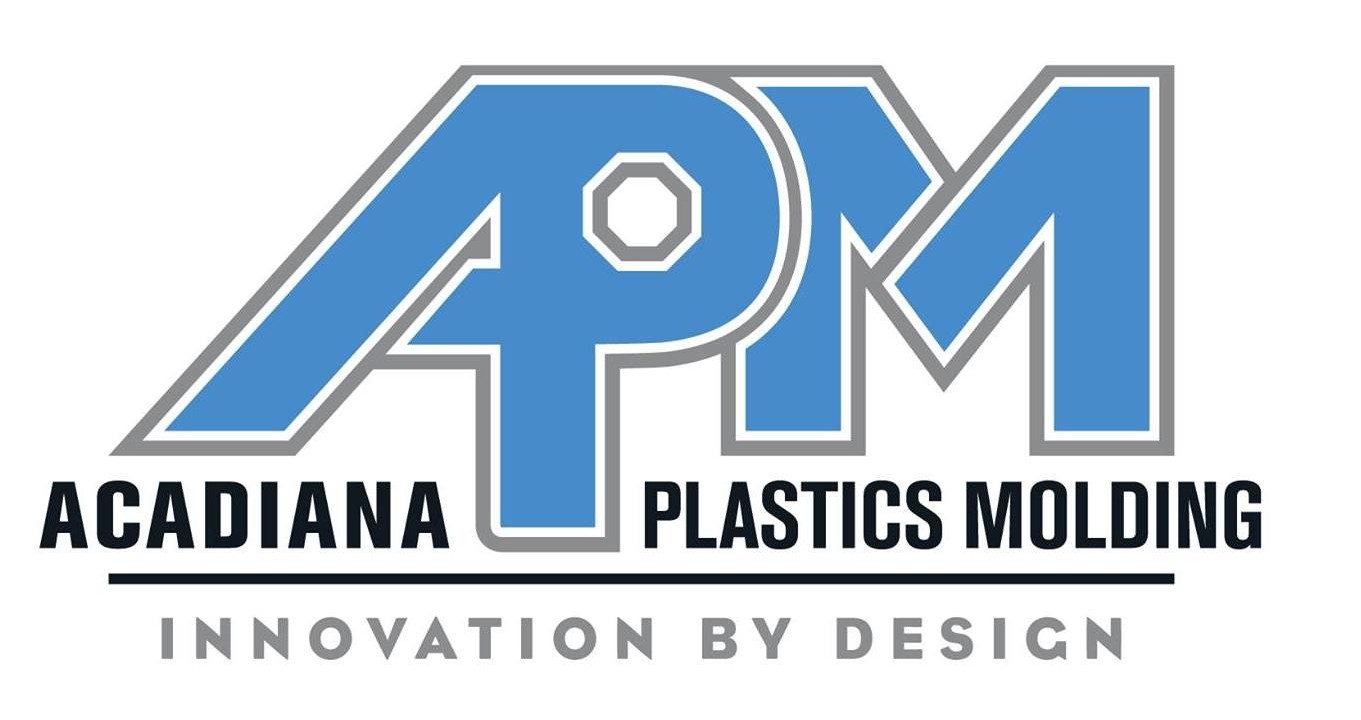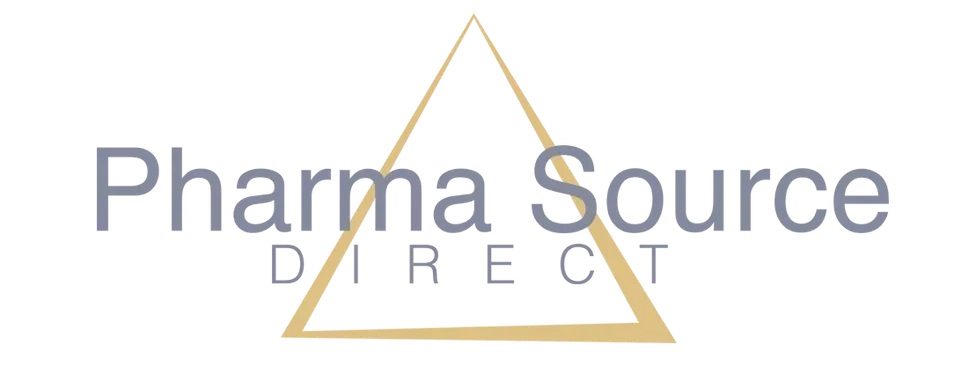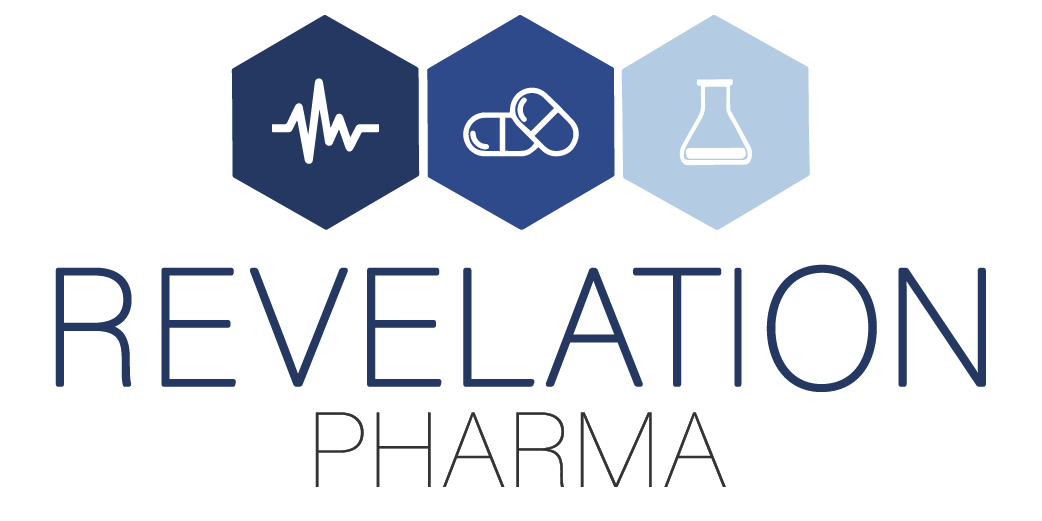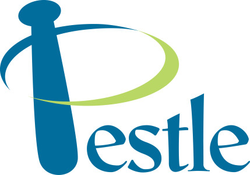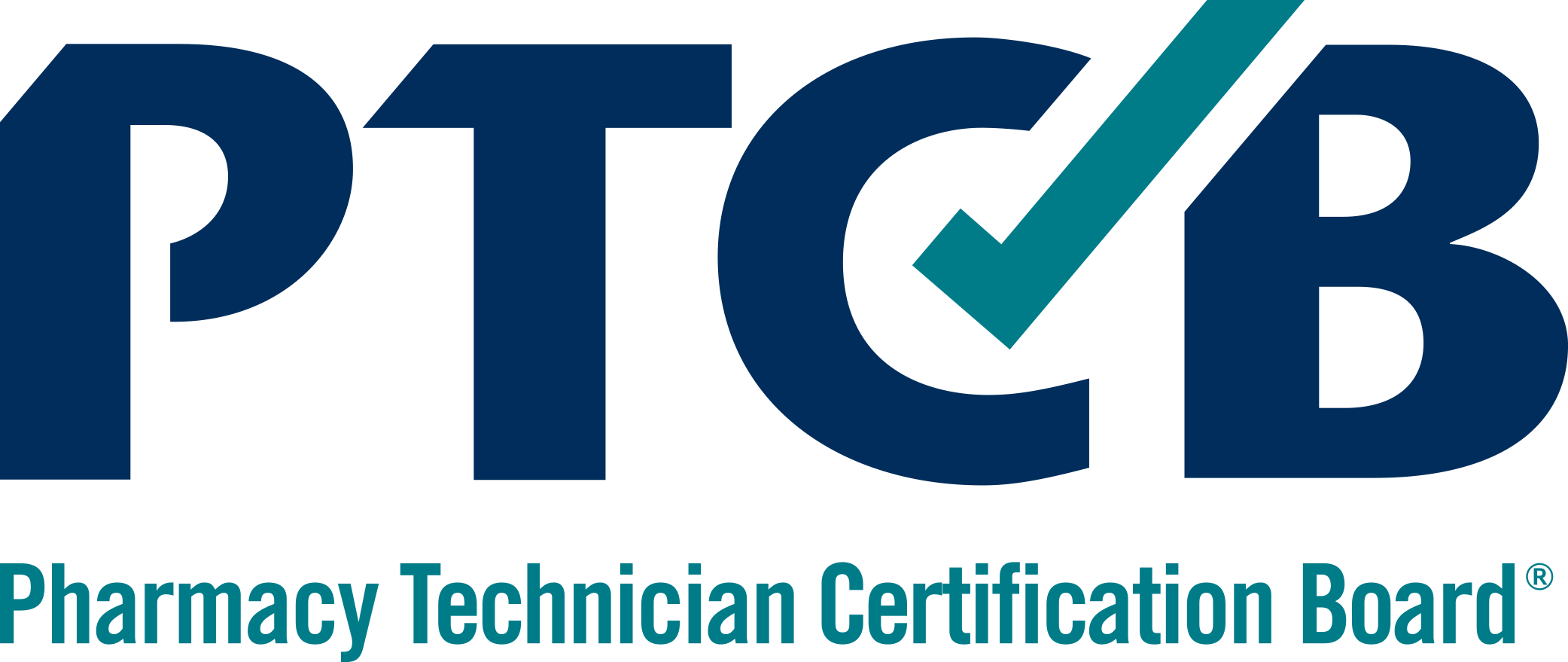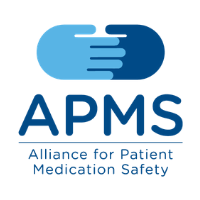Compounding issues
APC’s ESI-Tricare Recoupment Resources
What we know … and what you need to do
“It looks like a shakedown to me.” — Jeff Baird, Brown & Fortunato
The latest
16 October 2020: Read the official APC/NCPA press release
14 October 2020: Tricare stands down, ESI apologizes — for real.
27 August 2020: New white paper updating the situation
Tricare has responded to APC’s letter. Attorneys Jeff Baird, Hunter Jamerson, and Brad Howard have written a five-page white paper explaining that response and offering the latest information on the recoupment.
• Click here to read/download the white paper (PDF).
27 August 2020: Video: Attorney briefing Zoom call
If you couldn’t join us for the latest briefing call, you can watch or download the video.
Endgame: October 14
Tricare stands down, ESI (gasp!) apologizes
The Tricare recoupment fiasco faced by hundreds of pharmacies across the country appears to be over.
In response to concerns raised by APC and its partners — and vigorous lobbying — Tricare has instructed Express Scripts to stop the recoupments it started in June. Pharmacies that have already suffered clawbacks will be allowed to appeal, and the standard for documentation of those appeals will now be reasonable.
APC teamed with NCPA and PAAS National to challenge the recoupment, and, over a series of conference calls with Tricare and ESI, were able to demonstrate how the recoupments themselves were often invalid, and the requirements for appeal were egregious (and, frankly, bordered on the absurd).
Attorneys Hunter Jamerson of Macaulay & Jamerson and Jeff Baird and Brad Howard of Brown & Fortunato were instrumental in assisting the recoupment challenge.
Now some pharmacies will even be receiving an apology from ESI.

There are caveats (see below), but perhaps the most important news: ESI and Tricare are no longer considering this issue to be one of fraud, waste, and abuse. Instead, for those already recouped, it’s more a typical audit.
The hundreds of compounding pharmacies that received clawback letters in June will be receiving one of three new letters from ESI depending on where they were in the recoupment process.
Pharmacies that have not had any funds recouped: It’s over. Probably. “No further action is needed by your pharmacy at this time as this letter supersedes all previous communication on this matter,” states the letter, although it also says that “DHA and ESI intend to re-evaluate the claims at a later date.”
Pharmacies that have been partially recouped: The recoupment is stopping (“All other claims from the April/June communication have been released from recoupment or offset”) and you will have 90 days from when you received that letter — expected to mail the week of October 18 — to appeal.
Most important: Tricare is no longer demanding the kinds of records pharmacies are unlikely to have, e.g., proof of a prescriber-patient relationship. It now only expects the kinds of documentation a pharmacy collects in the normal course of business: “including copies of the original prescription and any other documentation your pharmacy may have through the normal course of business pertaining to this matter. Supporting medical records or attestations from the prescriber are not required elements of the criteria for a successful appeal.” (Emphasis ours.)
But, as attorney Hunter Jamerson put it, any relevant documentation you can supply is good. “If it’s within your reach — and in particular your reasonable reach — it’s not going to hurt and it will probably help.”
Pharmacies that have been fully recouped: As with partial recoupments, you will have 90 days from receipt of this new letter to appeal, and that appeal only requires “documentation your pharmacy may have through the normal course of business pertaining to this matter.”
“Never underestimate the ability of associations like APC and NCPA to get things done for their members,” said APC CEO Scott Brunner.
Participants in APC’s October 14 Town Hall meeting had some relevant questions — when will money be returned, what about earlier appeals, is it safe to continue to bill Tricare, and more.
Video: Click here to view or download the video of our October 14 Town Hall.
Q&A
Some questions and answers from our October 14 Town Hall meeting with Jeff Baird, Ronna Hauser, Hunter Jamerson, and Trent Thiede:
If I appeal and prevail, when will I get my money back?
ESI anticipates a review time about the same as you get to appeal — 90 days. So file that appeal quickly.
What about “DHA and ESI intend to re-evaluate the claims at a later date”? Should I be worried?
“In my opinion that’s unlikely to happen,” said Jeff Baird, but still keep all your records, even after the typical five-year holding period, just in case.
Have I been wasting my time getting records or attestations from prescribers?
Not at all. “Those records are not in vain,” Jamerson said. ESI/Tricare considers those important, even if a prescription is officially enough. Use them if you’re appealing. “Your path to having your money released will be easier,” he said.
It’s unfair that I’ve been partially or fully recouped, but other pharmacies haven’t.
No argument. But, said Jamerson, “The inequity of that should be a leading statement” in your appeal. “Vent that frustration through your appeal response.”
What if I have already appealed?
To avoid being caught in an administrative quagmire, Jamerson strongly suggests you reach out to Christine Hartman Dunse at ESI (her contact information is on the letter). Confirm that ESI considers that previous appeal as a response to the new letter, which officially supersedes the first. “I would write and call until I got that answer,” he said.
Ditto of you have already appealed, and you want to take advantage of this new 90-day period to provide other documents: Notify Christine.
Is it safe to continue to bill Tricare for compounded claims?
All the attorneys agreed that it is — but also that you shouldn’t expect clear sailing. “I think this is going to continue to be a cat and mouse game… for the foreseeable future,” Baird said. And while these specific types of demands will probably not be repeated, “we’ll see other shenanigans. I think this is the new normal.”
Now that fraud, waste, and abuse is off the table, do I need to appeal if it’s a small dollar amount?
It might not seem to be worth the trouble, but the attorneys think it is, if only to protect yourself going forward. “Recoupment that goes uncontested,” Jamerson said, “just invites more recoupments.”
Background
⇒ Click here to jump straight to all the downloadable resources compiled by APC. ⇐
Many compounders recently have received a recoupment notice from ESI regarding Tricare/CHAMPUS compounded prescriptions. ESI is alleging that the prescriptions are fraudulent because there is no physician/patient relationship indicated.
“This issue of Tricare recoupment from ESI is as serious as it was unexpected and sudden,” said APC President Shawn Hodges. “It’s outrageous. But I also know that APC and our sister pharmacy associations are working hard to help our members confront it.”
APC understands the concerns of our members — this kind of unwarranted, surprise money grab by a PBM is shocking any time, but particularly in a stressed economy like today’s.
This is why you joined an association — so we can work together when these kinds of issues arise. So don’t forget: You aren’t in this alone.
APC has held two member briefings with attorneys Jeff Baird and Bradley Howard of Brown & Fortunato, Amarillo, Tex., attorney Hunter Jamerson of McCauley & Jamerson, Richmond, Va., and policy expert Ronna Hauser of NCPA. Here is what we have learned.
JUMP TO:
Scope of the issue • What we know • What you should do • What APC is doing • Important resources
The scope of the issue
In early June, APC did a quick survey of compounders to see how many were affected and to what degree. About 44 percent of respondents received a clawback notice, all for 2015 transactions.
Of just the 39 responses we received, members are facing a collective clawback of just under $1 million (or about $25,688 per pharmacy) — again, that’s just 2015 transactions, amounting to about 4,500 prescriptions.
That works out to ESI claiming an average of more than 115 “fraudulent” prescriptions per pharmacy and demanding about $214 per prescription.
APC vice president David Miller of Keystone Pharmacy in Grand Rapids, Mich., pointed out that, in his case, the demand only covered nine months of 2015, and so he suspects that ESI has yet more clawbacks in mind for subsequent years.
(Keep in mind that our survey was not scientific by any stretch — it was simply a quick way of getting at least some baseline data on how these clawbacks are affecting members. The population affected is likely much larger than our 39 respondents.)
What we know
The directive comes from Tricare and the Defense Health Agency, not ESI, according to letters that pharmacies have received pharmacy from Christine Hartman Dunse at DoD Claims Audit:
“According to the DHA’s investigation, the drugs dispensed by your pharmacy to Tricare beneficiaries were written by physicians who DHA concluded had not established a physician-patient relationship with the beneficiaries necessary to write a valid prescription.”
ESI is demanding proof that most pharmacies will have difficulty providing. Pharmacists who have contacted ESI were told they must provide proof of a physician-patient relationship. Obviously that’s a problem — a big one. Documenting such proof has never been required for any pharmacy in the U.S., but to make matters worse, ESI said it won’t just take the physicians’ word for it: “[R]equirements for medical documentation […] are not satisfied by letters from prescribers attesting to service(s).”
In other words, ESI wants pharmacists to provide physicians’ medical records, and “the records must be accompanied with metadata or similar validating facts that substantiate the records’ creation date.”
“Obviously,” said Jeff Baird, “this is crazy.” And yes, that’s been pointed out to ESI. “They’re saying that’s too bad.”
Prescribers may not want to help. The letters also demand that both the pharmacists and the prescribers not only attest that the records are legit, but makes it clear “that they are subject to criminal prosecution under federal and state law for providing false statements and medical records.”
ESI is already beginning recoupments. Several participants said they were already seeing money withheld from their remittances.
What the attorneys tell us
Pharmacists are in the right on this issue, and we will probably prevail … eventually; there are a host of legal and procedural issues with the clawback. (That might be due to a time constraint, if Tricare and ESI rushed to get these letters out because of a five-year statute of limitations on this type of action. That could also mean that similar clawbacks are in the works for 2016 and onward.)
“I think we all agree that this is a money grab,” said Hunter Jamerson, “and it’s a money grab that’s being done without due process.” In short, looking at both the ESI handbook and the relevant regulations, “You do not have an obligation to supply the information that’s demanded by this recoupment.”
Of course, as Baird pointed out, possession is nine-tenths of the law, and ESI will soon be possessing the money. Your money. So while the clawback is clearly based on faulty logic on Tricare’s part, you obviously need to respond.
“I encourage all of you to resist this recoupment,” Jamerson said.
What you should do
See your attorney, pronto. What you’re reading here is no substitute for speaking to your attorney. While we have complete confidence in Baird, Howard, and Jamerson, they are only providing a broad-stroke overview. There is too much at stake not to get proper legal advice for your particular situation.
In the name of all that’s holy, don’t ignore the letter. “You can’t let this thing go and hope it goes away,” Baird said, even if you don’t think it applies to you, or if the recoupment is small and you don’t think it’s worth your time to fight. Ignoring it can easily lead to two very bad outcomes.
First, it makes you an easier target. “The potential risk,” Baird said, “is that ESI is gonna say ‘Gosh, this pharmacy rolled over and did nothing for 2015, so let’s go look at 2016, 2017, 2018….” So ignoring a $40 clawback now could have you facing a much larger one next year.
Second, ignoring it could easily be construed as an admission of wrongdoing. That doesn’t just give ESI an excuse to take your money. Remember, this is not an audit. It’s an investigation where you are being accused, essentially, of fraud against the United States military. Do you really want to admit to that?
“This is an annoyance that could grow into a real crisis if the records are handed over to the Department of Justice,” Jamerson said. If you accede to an accusation of fraud, waste, and abuse, you could lose your contract — or worse. Besides, he pointed out, “We know Express Scripts is not a fan of compounding pharmacies and would be happy to have an excuse to cull the herd.”
Respond in writing, on paper. The letter can come from you or your lawyer, but don’t rely on phone calls or e-mail. “As this goes forward,” Baird explained, “you want that response to be part of the legal record.”
Make it, Baird said, “like the very best ‘audit’ response your pharmacy has ever put together.”
Your response: a two-pronged assault
First, while the opening language can be boilerplate, your letter needs to be detailed and specific to your pharmacy. “It can’t be a form response that everyone sends in,” Howard said.
Your response is going to be part of the legal record, so it needs to be something that anyone will read and think, “Yes, the pharmacy is correct.” That means not only ESI, but any other government agency that looks into the issue, including your member of Congress. The letter should be able to rebut any argument ESI puts forth.
Broadly speaking, Howard said, your response should hit on two fronts: What’s wrong with the clawback factually and what’s wrong with it legally.
Factual errors
Start by looking at the chart included in the original letter, then “deconstruct” it. Look into every claim. “There’s a lot of inaccurate information in the charts we’ve seen,” Howard said, so look for incorrect member IDs, incorrect reimbursement amounts, bad dates — the point is the show that the data ESI has based the recoupment on is flawed. Point out every error you find, no matter how small.
We know it’s not a legal requirement, but if you can, provide documentation that these patients did see a physician, even if you can’t give ESI the medical records it’s asking for. Consider asking the physician to sign an affidavit or use prescription records to show you had a solid relationship with that physician and thus had no reason to question the validity.
One piece of information worth looking for, Jamerson said, was whether the same prescribers, on the same day, wrote prescriptions for commercial products that ESI is not trying to recoup for. That’s strong evidence that the physicians have proper relationships with their patients.
Legal errors
Here’s why you need an attorney. You want to be on the record contesting the very process. The goal, Baird said, is to have this response as a part of the legal record for whatever happens down the road.
- Point out that ESI’s own policies and procedures do not require what you’re being asked to provide. For example, that there was no prior notice and this was contrary to the ESI policy manual and standard practice. Tell ESI, “You’re not following your own policy.”
- Point out that under your state law, you received prescriptions from practicing physicians, and thus had no reason or obligation to question them in the absence of any kind of red flag. “Make the case that these were valid prescriptions, lawfully filled by me as a pharmacy,” Howard said.
- Protest the recoupment by citing the appeal provision in the ESI contract and simple due process: “Waiting five years and then asking you to prove a negative is not a fair burden to put on a pharmacy,” Bradley said. “Had I received this letter back in 2015 or 2016, I would have had a much better chance of being able to find the relevant data in a timely fashion.”
Defend yourself
Make it clear that you are a legitimate business, not a fly-by-night Internet pharmacy. Provide a representative sample of the physicians you work with, Howard suggested. Demonstrate that you have regular relationships with your prescribers (e.g., show that you’ve been filling their prescriptions for years), that you work closely with them, and you are not the kind of pharmacy that is trying to pull a fast one against Tricare.
Be direct, Baird said. “Say ‘We are an established pharmacy. We have reviewed your letter. We do business in a lawful way. You have sent a form letter that does not apply to the way we do business’.”
“These letters may not in and of themselves save the day,’ Howard said, “but they will be helpful.”
FAQs
If this recoupment is invalid, can we sue ESI or Tricare to stop it?
“It’s human nature to want to just go and sue somebody,” Baird agreed, but in his experience it’s a losing proposition. Sure, talk to your lawyer, but this is not likely a fight you can win in court.
What about a class-action suit?
A class-action suit would have to be in federal court (likely in St. Louis), and again, Baird and Howard both said the chances of winning would be slim. “I’d say it’s a Hail Mary tactic,” said Baird.
Can we stop the recoupments while the issue plays out?
Doing that would require a judge to issue an injunction — and that, Baird explained, would require there to be a lawsuit … and for the judge to conclude we had a reasonable chance of success. In other words, no.
In your response letter you can request that ESI hold off on recoupment until after the administrative reviews, but, Baird said, “Probably ESI is not going to pay attention to that.” (He did suggest that pharmacies facing tens of thousands in recoupments might be able to work out a ‘payment plan’ or agreement to protect the pharmacy’s cash flow.)
Is it safe to keep filling Tricare prescriptions, or will I face the same issues down the road?
Jamerson was clear: “I would confidently move forward with dispensing and receiving reimbursement,” he said. “If it were me, I would proceed in the normal course in your Tricare prescriptions.”
Why? Because he’s confident that in the end this recoupment and any like it won’t prevail.
But how can I evaluate prescriptions for what Tricare might flag as potential abuse?
“I don’t think my advice would be to do anything different,” Jamerson said. “This ESI action is crap.” Continue to follow your state’s laws, and no, he doesn’t see a need to start requesting medical records for Tricare scripts.
Can I simply get out of my ESI contact so it can’t recoup this money via my future remittances?
Sure it’s within your rights, said Howard, but you still need to respond to the recoupment because there’s an allegation of program abuse. “I would not leave the allegations unaddressed,” he said. “At a minimum I would put together a one- or two-page response.”
And no, you wouldn’t be off the hook for what Tricare says you owe. It has six years to come after you for that money.
Should we spread the word?
Yes. Absolutely reach out to your member of Congress, to local media, to patients — especially members of the military who might be affected. And get on social media — scroll down for a link to APC’s communications kit that includes some suggestions for posts you can share.
But Howard had one caution: As upset as you may be, keep it professional. Don’t tweet while angry at 3:00 a.m. “It needs to be professionally done, fact-laden… responsible and respectful.”
What APC is doing
As we gather information and work with our attorneys and other associations, APC already has some plans in the works for the near future.
- Working with our friends at NCPA, we’ve reached out to the Defense Health Agency. The agency says it’s heard from pharmacists, organizations, and members of Congress, and that a response is ‘working its way through.’
- We have reached out to more than 20 members of the Armed Services Committees in the U.S. House and Senate to make them aware of the issue and how it might affect servicemen and veterans. (And, where possible, we’ve connected committee members with affected pharmacists in their districts.)
- We are working on a joint association letter to ESI and Tricare challenging the substance and process of this recoupment.
- We’re weighing a grassroots effort to engage our members of Congress to intervene with Tricare on this issue.
DOWNLOAD HERE: Resources for pharmacies
This article in PDF form for easy sharing
The August 27, 2020 white paper from attorneys Jeff Baird, Hunter Jamerson, and Brad Howard
The legal blueprint. From our attorneys, a more detailed breakdown of the legal issues involved, from Tricare and ESI’s claims to issues facing pharmacies
The APC communications kit. This includes a layperson’s explanation of the situation that we are sharing with the media, talking points to share with members of Congress, and sample social media posts. (PDF)
A copy of an initial recoupment letter ESI sent to pharmacies (redacted for privacy).
A copy of the boilerplate response from ESI to pharmacies requesting an administrative review (redacted for privacy).
The white paper explaining the temporary suspension of clawbacks (superceded 2020-08-27)
The letter from APC, NCPA, and PAAS National to the acting chief of DHA’s pharmacy division
A briefing paper you can share with your member of Congress explaining the issue
Attorney Hunter Jamerson explaining the latest message from Tricare (July 1, 2020) (MP3 audio)
Recording of the June 18, 2020 conference call. If you weren’t among the 150 or so people in the latest conference call with our attorneys and advocacy team, you can listen to the call (41 MB MP3 file)
“Four Things You Need to Know About the ESI/Tricare Clawback,” from the folks at Gates Healthcare
Thank you to the attorneys who have helped us
APC does not endorse law firms. The following is informational only:
Jeff Baird, Brown & Fortunato, Amarillo, Tex.: jbaird@bf-law.com
Bradley Howard, Brown & Fortunato, Amarillo, Tex.: bhoward@bf-law.com
Hunter Jamerson, Macaulay & Jamerson, Richmond, Va.: hunter@macjamlaw.com
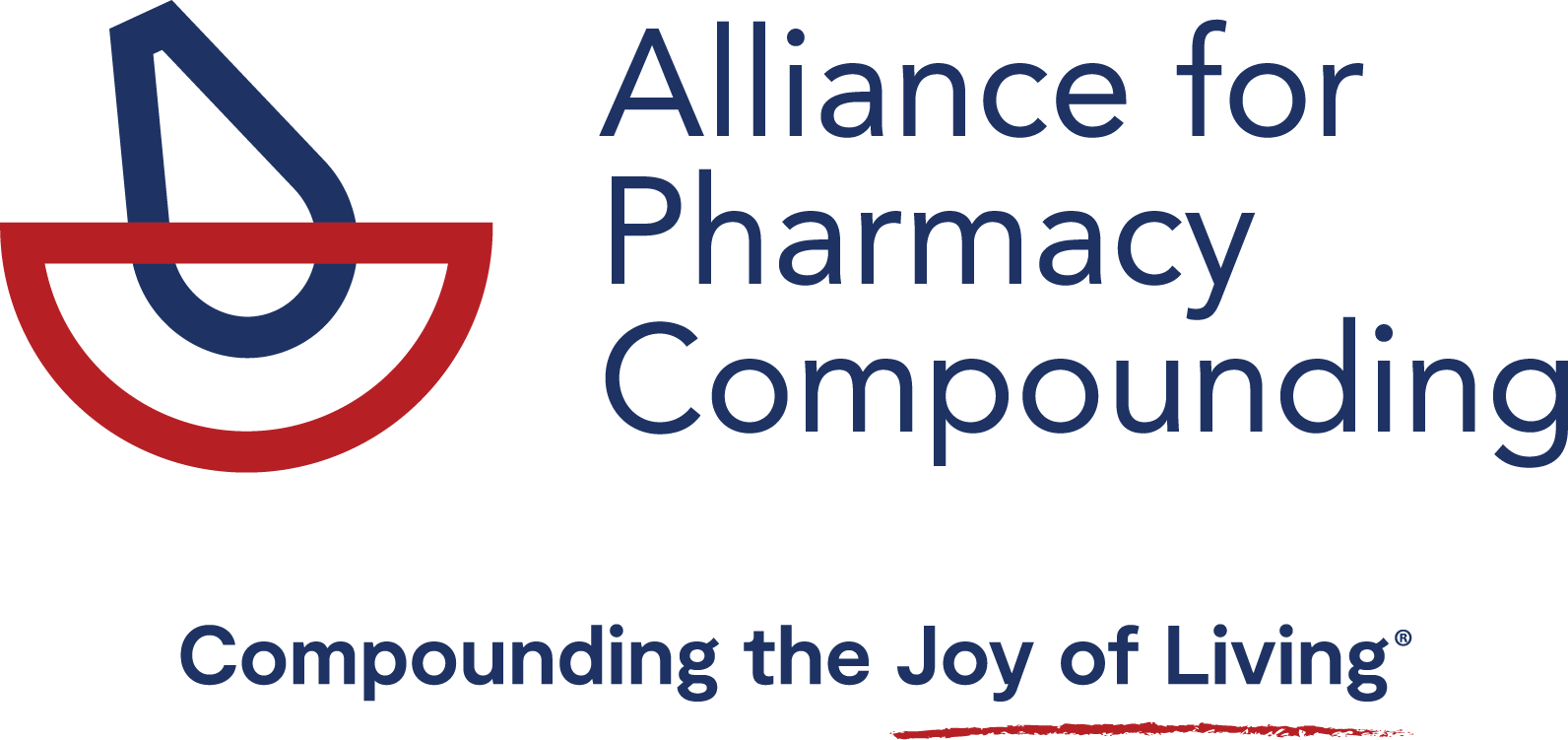
![Topi-CLICK a Division of TEAM Outlines[1]](https://a4pc.org/files/Topi-CLICK-a-Division-of-TEAM-Outlines1.png)



